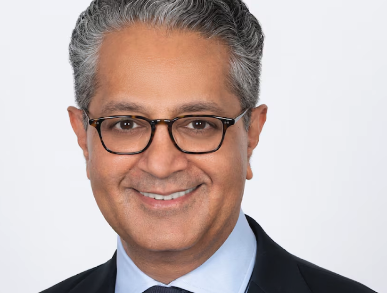Despite Fed Chairman Jerome Powell hinting on Tuesday that a more flexible monetary policy might be resumed at some point this year, suggesting a potential interest rate reduction, some market participants consider it unlikely. The Fed has maintained its benchmark rate between 5.25% and 5.50% for just over a year, starting in June 2023. At least four rate cuts were expected this year.
Vanguard released its report, “The Rise of Rates Will Persist, but Not Political Divergence,” for investors, which includes its mid-year economic and market outlook. In the report, their experts believe it is unlikely that the Federal Reserve will start lowering rates this year.
Although macroeconomic conditions suggest that emerging markets should cut rates, it is almost certain that they cannot do so before the Fed; usually, the opposite happens, and when markets move ahead, it is because there is near-absolute certainty.
In this regard, how central banks set their policy will depend on their assessment of the origin of inflation in their respective countries and whether it is driven by demand or supply shocks.
Vanguard unequivocally states that rates will not return to zero. Currently, the neutral rate is higher than before the COVID-19 pandemic.
Another relevant factor is the current conditions and context. “The current economic cycle is not normal, given unprecedented economic shocks including a pandemic, a war in Ukraine, and rising geopolitical tensions,” explains Vanguard.
Another significant factor is the uncertainty surrounding elections worldwide, including the upcoming U.S. presidential election on November 4, which is perhaps the most relevant for the world.
Vanguard advises that due to the critical global context, it is important to maintain global diversification and a similarly diversified and balanced approach to personal investments.
“Despite the unexpected strength of the U.S. economy, the events of the first half of 2024 have only reinforced our view that the environment of higher interest rates is here to stay,” states Vanguard.
Vanguard’s regional chief economists, Roger Aliaga-Díaz for the Americas, Jumana Saleheen for Europe, and Qian Wang for Asia-Pacific, discussed the implications of global divergence in rate policies and the role of a higher neutral rate in this environment.



